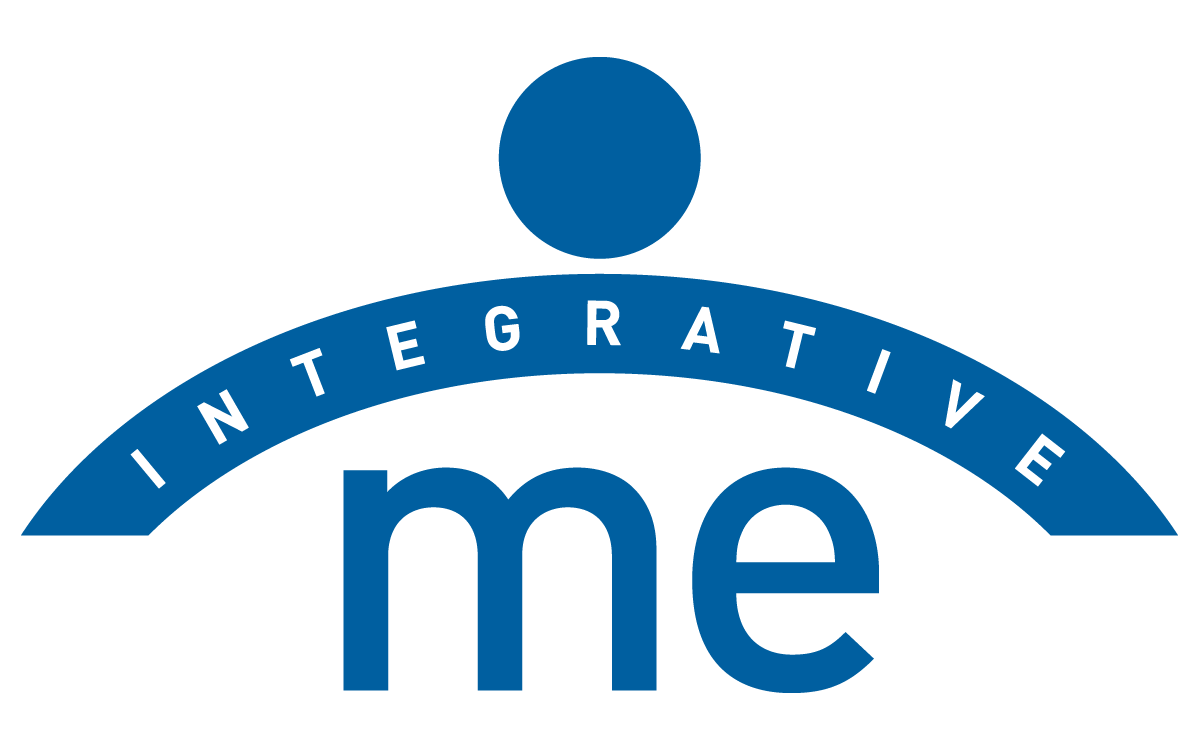BLOG
Research shows that exercise has a profound impact on mental health. According to the World Health Organization, engaging in 30 minutes of moderate physical activity five days a week can reduce the risk of depression by up to 20%.
Additionally, a study published in JAMA Psychiatry found that regular exercise can lower the risk of developing anxiety by 25%. For those already struggling with mental health issues, exercise can significantly alleviate symptoms.
A meta-analysis in Frontiers in Psychology revealed that physical activity was linked to a 45% reduction in depression symptoms, highlighting its effectiveness as a non-pharmacological intervention for mental well-being.
Conventional medicine has seen minimal success in treating mental health concerns. Medications used to manage mental health have limited effectiveness and a range of unpleasant side effects. A naturopathic physician uses lifestyle changes like exercise as tools to improve mental health. They will develop a comprehensive plan to restore your mental and physical balance for better overall health.
Regular physical activity can significantly alleviate symptoms of depression. A study by the Harvard T.H. Chan School of Public Health revealed that just 15 minutes of running daily, or an hour of walking, reduces the risk of major depression by 26%. This effect is comparable to that of antidepressant medications but without the unpleasant side effects.
Exercise boosts the release of chemicals like endorphins and serotonin, both of which improve mood and overall emotional stability. It also fosters neural growth and creates new activity patterns that help combat feelings of sadness and negativity. By doing so, exercise not only helps lift your spirits but can also prevent the recurrence of depressive episodes.
Exercise is one of the most effective natural methods for managing anxiety. It reduces muscle tension and lowers cortisol levels, which are directly linked to stress. Engaging in physical activities such as jogging or cycling can create a sense of calm and well-being.
To enhance these benefits, try practicing mindfulness during exercise. Pay attention to your breathing rhythm or the sensation of your muscles working. This form of active meditation can disrupt the cycle of anxious thoughts and bring the mind to a more peaceful state.
For individuals with ADHD, exercise can enhance focus, memory, and impulse control. Physical activity increases levels of brain chemicals like dopamine and norepinephrine, which are crucial for maintaining attention.
Activities that require constant movement and quick thinking, like martial arts or team sports, can be particularly beneficial. Studies show that such exercises can produce effects similar to ADHD medications, making them an excellent complementary treatment option.
Those with PTSD or trauma often experience a state of heightened stress. Regular exercise, especially rhythmic activities like walking, swimming, or dancing, helps regulate the nervous system. By engaging large muscle groups, these activities allow the body to release pent-up energy and promote a sense of relaxation.
Outdoor activities such as hiking or rock climbing further contribute to emotional recovery by incorporating nature’s calming influence. Exposure to natural environments has been shown to reduce stress and foster a sense of grounding and stability, which is crucial for trauma recovery.
Mental health concerns have complex underlying causes that medication cannot address. A naturopathic physician like Dr. Doug Cutler treats mental health as one aspect of a whole person.
Physical and mental health issues reflect an imbalance that requires comprehensive, individualized treatment. Tools like exercise affect the physical body but also release signals that boost mood and ease stress. Mental health can be a reflection of physical, emotional, and environmental stressors that benefit from naturopathic medicine.
You may already know that exercise improves your cardiovascular health and makes muscles stronger. Considerable research has demonstrated that it also improves your mental health.
During exercise, physical changes in the body send out a cascade of signals that promote relaxation and improved mood. This flood of signals contributes to the “runner’s high” that many people report during and after exercise. Regular physical activity also improves brain function and controls your response to stress.
Many people struggling with mental health conditions find it challenging to summon the energy or motivation to exercise, especially during low moods or times of stress. However, starting small can make a significant difference.
Commit to just a 5-minute walk around your neighborhood. Chances are, once you begin, you’ll find the energy to continue for longer. This gradual build-up can help create a routine, which eventually makes exercise feel less like a chore and more like a natural part of your day.
Rewarding yourself for small achievements, like completing a short workout, can also help reinforce this habit. Treat yourself to a healthy snack, a favorite show, or a relaxing bath post-exercise. Small incentives can go a long way in maintaining motivation.
Finding time to exercise can seem impossible when juggling a busy schedule. The key is to break it down into smaller, manageable chunks throughout the day. If a 30-minute session seems daunting, try three 10-minute sessions instead—take a brisk walk during your lunch break, do some light stretching in the evening, or try a quick dance session at home.
Incorporate physical activity into your daily routine: take the stairs instead of the elevator, park your car a little farther from the entrance, or do a few squats while waiting for your coffee to brew. These small bursts of movement add up and can provide similar benefits to longer workout sessions.
Gym memberships or specialized exercise classes can be expensive, but staying active doesn’t have to be. There are numerous cost-effective options to consider. Local community centers often offer free or low-cost exercise groups, and many parks provide open spaces for jogging, walking, or fitness classes.
Alternatively, look for free online resources, such as exercise videos on YouTube, fitness apps, or virtual classes. These can be done in the comfort of your home without needing any fancy equipment—bodyweight exercises like push-ups, squats, or yoga are just as effective.
Physical challenges, such as an injury or a chronic condition, can make exercising more difficult. However, low-impact activities like swimming, chair exercises, or gentle yoga can provide significant benefits without putting undue strain on your body.
If you have a specific health concern, consider consulting a healthcare professional like a physiotherapist or an exercise physiologist. They can recommend safe exercises that suit your abilities and help you gradually increase your activity levels without risking injury.

Naturopathic physicians understand the complex interactions between mind and body. An imbalance in one area will likely show itself in symptoms that affect other areas. When the body experiences an imbalance, hormones and other molecules carry distress signals to the brain. The brain responds by sending out signals that depress the immune system and cause physical symptoms. Managing physical causes of stress can often balance your mood and improve your mental health.
Conventional medicine treats mental health concerns using medications that affect your neurotransmitters, but neurotransmitters do not only affect mood. They also affect everything from muscle activity to digestion. Dr. Cutler will use methods that support your body’s natural functions, including:
Your brain uses a huge percentage of your body’s resources, including nutrients. Supplements and dietary changes can provide a vital boost to mental health. IV therapy offers a way to enhance your results by improving nutrient absorption.
Exercise is one of many lifestyle changes that can have a dramatic effect on your mental health. Meditation and other stress management techniques can help, and spending more time outdoors in nature has been shown to improve mood. Dr. Cutler will also determine whether exposure to environmental toxicants is depressing your physical or mental well-being.
Your treatment plan may include these safe, natural medicines. Homeopathic remedies work on the principle that “like cures like” and use tiny doses to stimulate your body’s healthy responses. Herbal treatments include plants with demonstrated mood-boosting properties that lack the side effects of conventional medications.
Schedule a consultation with Dr. Doug Cutler and his team of expert naturopathic providers to learn more about exercise and mental health. Call us at (248) 663-0165 today! Cutler Integrative Medicine is dedicated to your health and well-being.
Cutler Integrative Medicine is a premier award-winning wellness clinic that provides patients with unparalleled individualized naturopathic healthcare. Dr. Doug Cutler is a nationally renowned expert in Naturopathic medicine and has the highest training in his field, as well as in Environmental Medicine, IV Nutrient Therapy, and Detoxification. His ClubIV™ is one of the most extensive IV Nutrient Clinics in the country.
Serving Birmingham, West Bloomfield, Troy, Oakland County, and the greater Detroit area.

© 2021 Cutler Integrative Medicine. All Rights Reserved.
Website powered by: www.modrndigital.io
Accessibility: If you are vision-impaired or have some other impairment covered by the Americans with Disabilities Act or a similar law, and you wish to discuss potential accommodations related to using this website, please contact our Accessibility Manager at (248) 663-0165